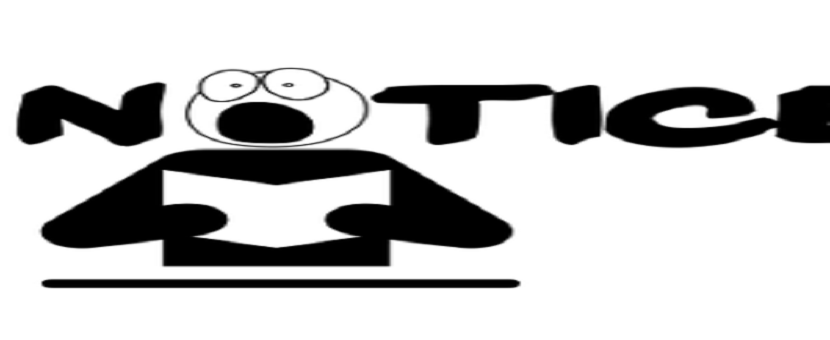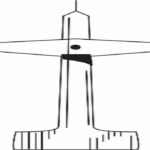Unity Bank Plc v. Denclag Limited [2012] 18 NWLR (Pt. 1332) 293 at 327, paras. B-F, per Peter-Odili, JSC:
“Going by decision in Okafor v. Nweke (supra) [that a firm of legal practitioners cannot legally sign any process in court], learned counsel for the respondents submits that the implication is that there was no appeal [before the court where a notice of appeal is signed by a firm of legal practitioners]. [However], that sweeping assertion and solution cannot be in keeping with the tenets of substantial justice and the age long principle that a litigant should not be made to suffer for the inadvertence or mistake of counsel. This comes into one of those exceptions that could alleviate the hardship that otherwise would have resulted. Therefore, the process was redeemed and consequently valid.”
Notes:
In the instant case, what happened was that the Notice of Appeal in question was signed and issued by “Ibrahim Hamman & Co.” and leave was granted by the Court of Appeal to Chief Akande, SAN to replace the last page of the notice of appeal signed by “Ibrahim Hamman & Co.” with one to be signed by Chief Akande himself. The Supreme Court upheld the practice and same is commended.
One question that remains unanswered is why a meaningful remedial step could not have been adopted by the courts in all the thousands of cases that have suffered and is still suffering dismissal based on this notorious Counsel’s error of signing court processes in the name of law firms.














